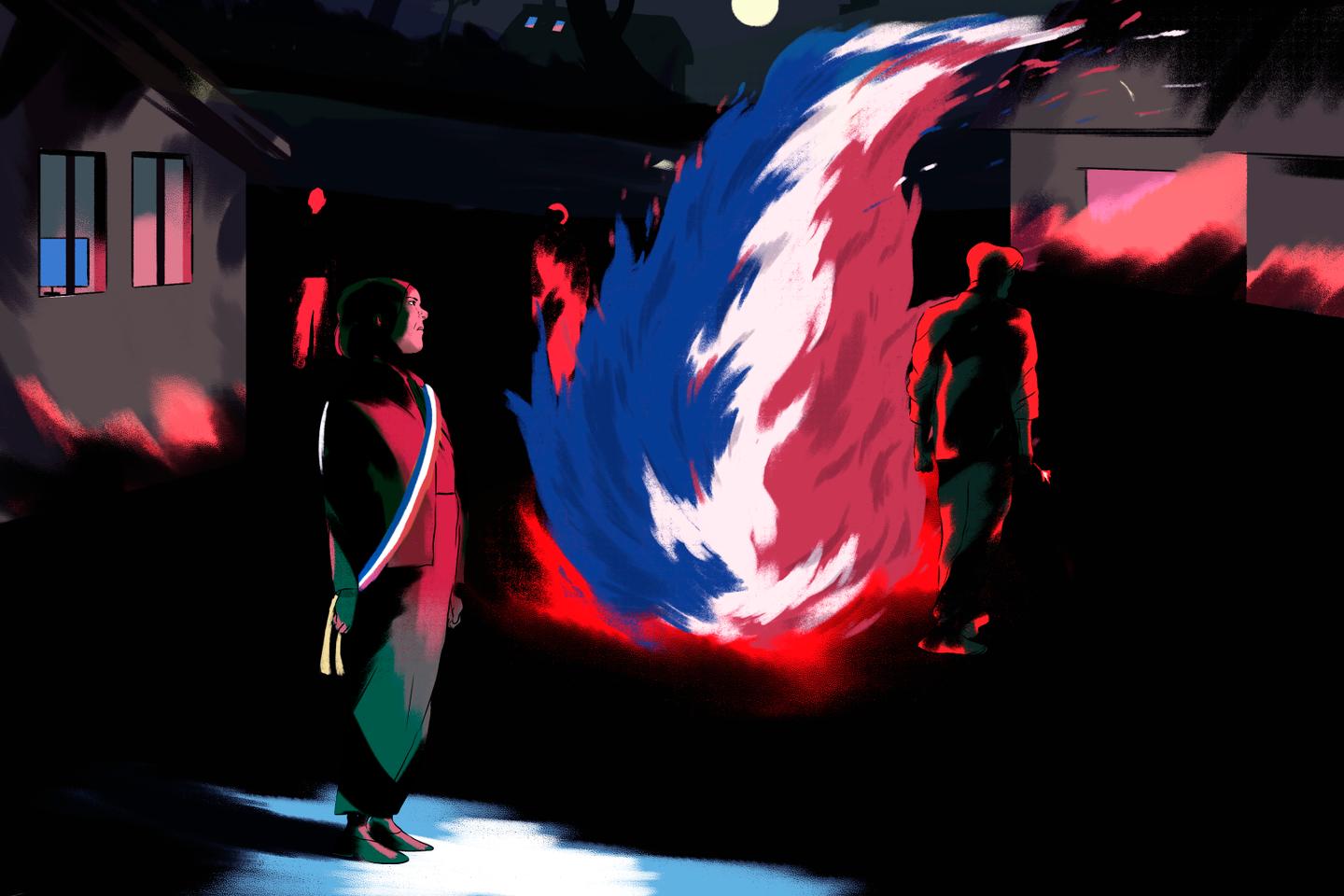The recent legislative elections in France have resulted in a fragmented assembly, raising questions about governance and the future of political alliances.
The far-right Rassemblement National (RN) emerged as a significant force, securing over 10 million votes, yet failed to gain a majority due to effective opposition from a united front of leftist parties.
This situation has left many local leaders, particularly in rural areas, feeling disillusioned as they witness their constituents increasingly turning to the RN out of frustration with traditional parties.
Analysts suggest that the RN's rise is linked to economic disparities and a growing sense of abandonment among voters.
As political factions grapple with internal conflicts, the RN is poised to capitalize on these divisions, potentially positioning itself favorably for the next presidential election in 2027. The challenge now lies in addressing the underlying issues that have fueled support for the far-right, including economic inequality and social discontent.




:quality(70):focal(4190x3470:4200x3480)/cloudfront-eu-central-1.images.arcpublishing.com/liberation/WRI76ID53FEABMEEEANKV6KEWU.jpg)
:quality(70):focal(696x1196:706x1206)/cloudfront-eu-central-1.images.arcpublishing.com/liberation/PFXRZ6ZHSVAMVAOKVNZJ7FB54Q.jpg)
:quality(70):focal(3595x2885:3605x2895)/cloudfront-eu-central-1.images.arcpublishing.com/liberation/DOBU46QEEJENNDRHDZ5JBZS5DI.jpg)



